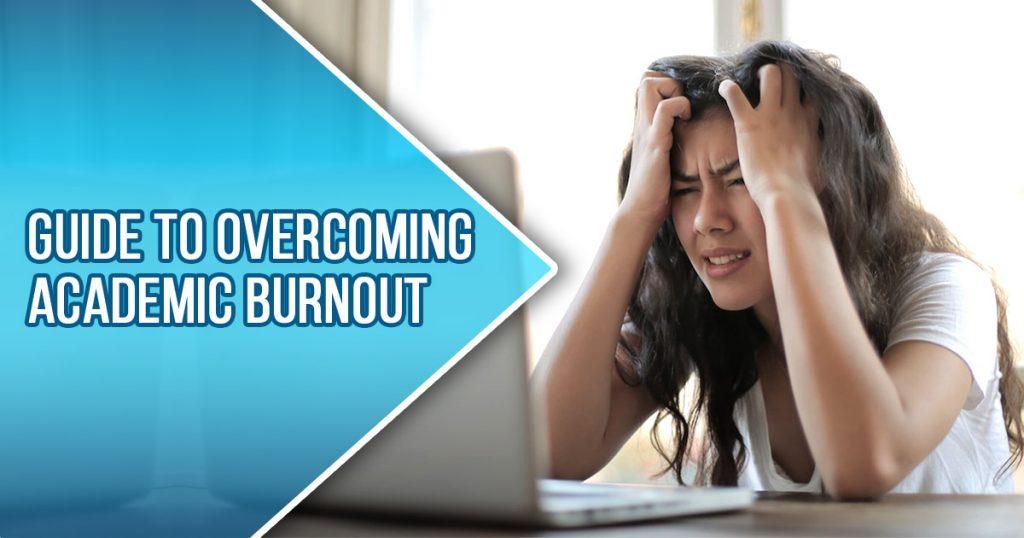Student burnout is becoming a growing concern in today’s high-pressure academic environment. With the rising demands of coursework, exams, and extracurricular activities, many students are experiencing symptoms of burnout which can have severe consequences on their mental and physical health, and overall academic performance.
Particularly in countries like South Korea, which is known for its rigorous educational system, the effects of academic burnout are profound. Studies indicate that more than half of South Korean students suffer from academic burnout, leading to decreased engagement, performance, and motivation. This situation not only impacts their personal lives but also poses a significant societal issue as it can lead to increased dropout rates.
A global study further underscores the importance of addressing this issue. It reveals that academic burnout is linked with harmful consequences such as poor academic performance, hypertension, arteriosclerosis, and self-injury. The early detection and treatment of academic burnout are therefore essential.
If you or your child are suffering from academic burnout, there are ways to cope and recover from it. In the following sections, we will delve into what academic burnout is, its symptoms, and effective strategies for recovery.
Understanding Academic Burnout
Academic burnout is a condition of physical, mental, and emotional exhaustion brought on by ongoing stress from schoolwork. It is characterized by a lack of motivation and interest, impaired ability to focus, and potential health issues.
The following are typical signs of academic burnout:
- Chronic fatigue
- Insomnia
- Frequent illnesses due to lowered immune response
- Persistent feeling of inadequacy or failure
- Detachment or cynicism related to academic work
- Reduced performance
Recovering from Academic Burnout
Recognizing the issue and taking proactive measures to manage stress and give self-care top priority are necessary for recovering from academic burnout. Here are some strategies:
1. Seek Professional Help
Academic burnout can have a negative impact on both mental and physical health. Therefore, professional assistance can be invaluable during the recovery process. Professionals in mental health, such as psychologists, counselors, or therapists, can offer support, assist you in identifying the cause of your burnout, and impart coping mechanisms. They can guide you through stress management techniques, cognitive-behavioral therapies, and mindfulness practices that can significantly help alleviate symptoms of burnout.
2. Practice Self-Care
Self-care is more than just a catchphrase; it is an essential part of preserving one’s physical and mental well-being. By raising endorphin levels, regular exercise can help with stress reduction and mood improvement. For cognitive processes like memory, attention, and creativity, adequate sleep is crucial, and a balanced diet can supply the nutrients the brain needs. Additionally, activities like reading for pleasure, taking a relaxing bath, or spending time in nature can also contribute to overall well-being.
3. Manage Your Time
To prevent academic burnout, one of the most important skills is effective time management. It entails setting priorities, creating a realistic study schedule, and following it. By managing your time effectively, you can reduce feelings of overwhelm, increase productivity, and create a balance between work and relaxation. Tools like digital calendars, planners, or task management apps can assist in organizing your time efficiently.
4. Set Realistic Goals
Setting unrealistic goals can lead to feelings of inadequacy and failure, which can exacerbate academic burnout. Instead, make sure your goals are doable and challenging without being overwhelming. Divide more difficult tasks into smaller, more manageable steps and acknowledge your accomplishments as you go. This approach can help maintain motivation, reduce feelings of inadequacy, and make the process of studying more rewarding.
5. Take Breaks
Contrary to popular belief, constant studying does not lead to better results. Regular breaks are crucial for preventing exhaustion and maintaining mental sharpness. They provide the mind a chance to rest, recharge, and assimilate information. Focus and creativity can be improved by using methods like the Pomodoro Technique, which involves studying for 25 minutes and taking a 5-minute break.
6. Stay Connected
Isolation can often exacerbate feelings of burnout. Connecting with friends, family, mentors, or peers can therefore offer much-needed emotional support. When you need it, these connections can provide support, counsel, or just a listening ear. Academic challenges can feel less overwhelming by joining study groups or clubs at school, which can foster a sense of community and shared experience.
Keep in mind that recovering from academic burnout takes time, patience, and self-compassion. But with these strategies, it’s entirely possible to recover and reclaim your passion for learning.
The Role of Parental Intervention in Addressing Academic Burnout
Parents are crucial in assisting kids with managing academic burnout. Their support, understanding, and intervention can significantly lighten the load students carry.
Open communication is key. In order to encourage their children to talk openly about their feelings, difficulties, and academic concerns, parents should create a comfortable environment. This dialogue aids in identifying early signs of burnout, understanding the causes, and addressing them promptly.
Similarly, children should be encouraged to have proactive discussions with their parents and teachers about their academic pressures. Teachers, being part of the educational system, can provide insights, resources, and potential solutions to help mitigate stress and prevent burnout.
Parents can also help by establishing healthy routines at home, ensuring a balanced diet, setting aside time for relaxation and leisure, and reminding their children that their worth is not defined solely by their academic achievements.
Most importantly, parents’ emotional support can provide a significant boost to a child’s mental resilience, helping them navigate stressful periods and maintain their enthusiasm for learning.
Finally, students, parents, and teachers must work together to help students recover from academic burnout. To manage stress and put well-being first, it takes comprehension, persistence, and proactive measures. When things get too much, keep in mind that it is okay to ask for assistance, take breaks, and back off. Students can overcome academic burnout and succeed in their academic endeavors with the right strategies and support.
